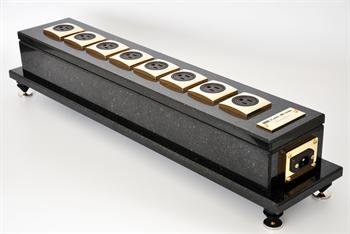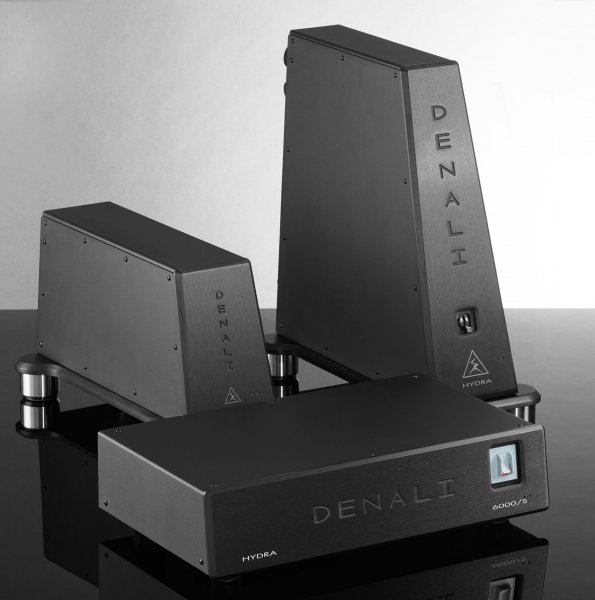Steve Williams
Site Founder, Site Co-Owner, Administrator
Posts deleted for the sake of preserving this thread
Gentlemen, can we get beyond the trolling thoughts and comments and stick to the thread topic?
There are some very interesting posts here so why doesn't everyone have a sip of morning coffee and enjoy the day. Let's stop the silly accusations here
Gentlemen, can we get beyond the trolling thoughts and comments and stick to the thread topic?
There are some very interesting posts here so why doesn't everyone have a sip of morning coffee and enjoy the day. Let's stop the silly accusations here



